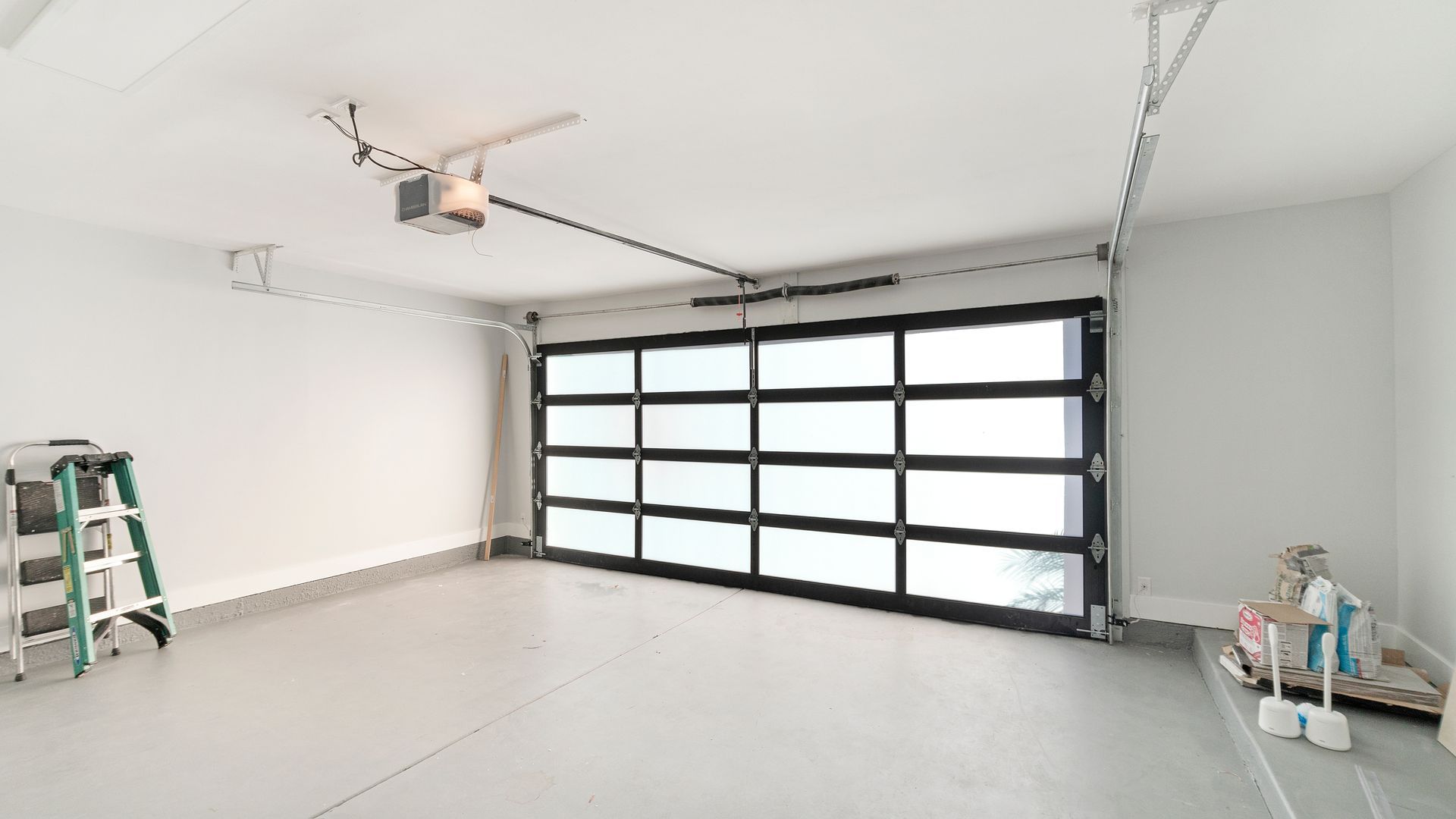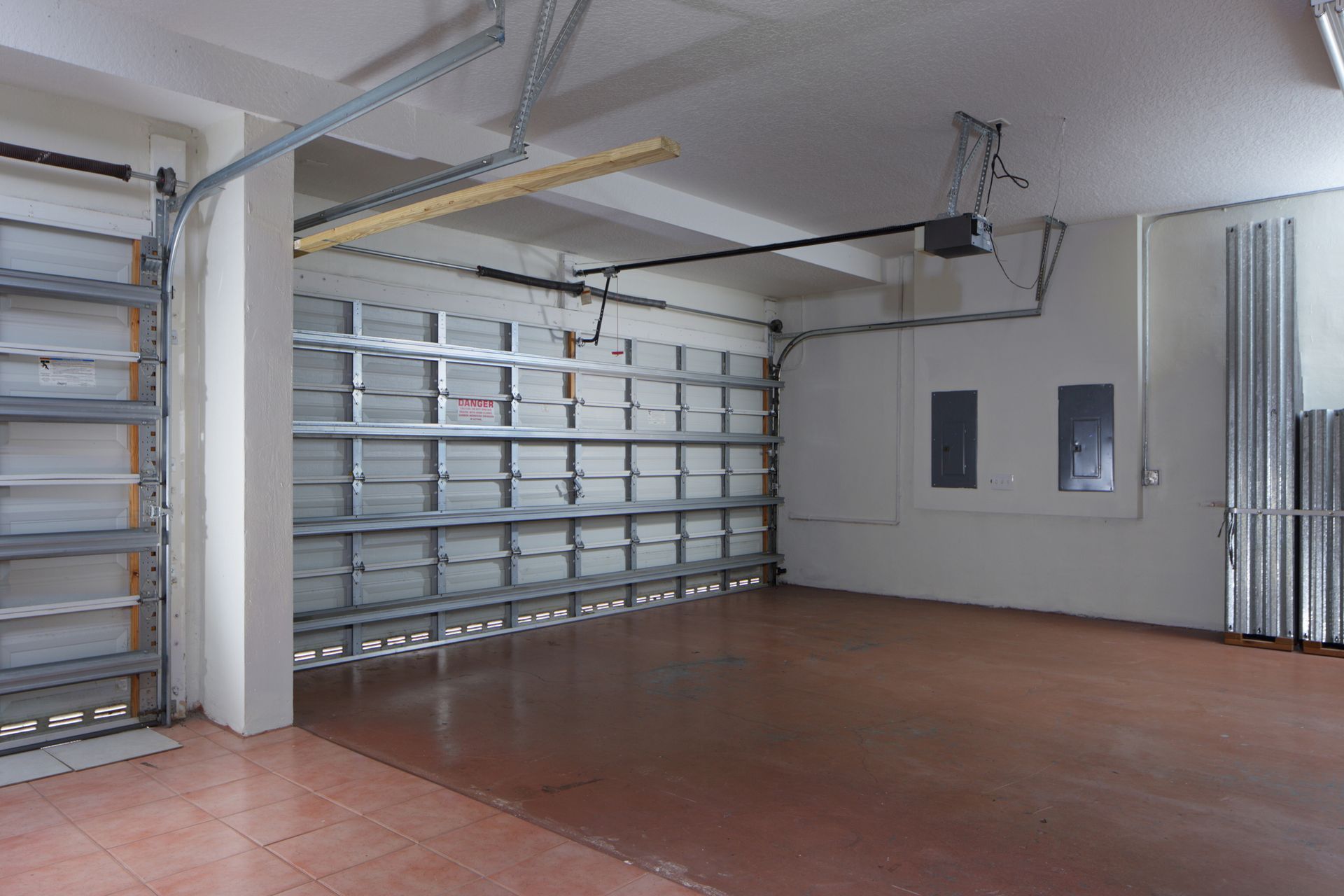Garage Doors By Soho Stone
Save Your Garage Door: A Comprehensive Guide to Preventing Spring Breakages
Garage doors are an integral part of our daily lives. They not only provide convenience but also add value and security to our homes. However, like any other mechanical system, garage doors are prone to wear and tear, and one of the most common issues homeowners face is spring breakages. Not only can they be frustrating and inconvenient, but they can also pose a safety risk. In this blog post, we will discuss everything you need to know about preventing garage door spring breakages, so you can save yourself from the hassle and expense of a broken garage door.
Understanding the Crucial Role of Garage Door Springs
Garage door springs play a crucial role in the smooth functioning of your garage door. They are responsible for carrying the weight of the door as it opens and closes, making it easier for you to operate the door manually or with a garage door opener. Without springs, the garage door would be too heavy to lift or would come crashing down when closed. However, due to constant use, garage door springs are prone to wear and tear, and if not properly maintained, can break, leading to significant issues. Therefore, it is essential to understand the importance of garage door springs and how to prevent them from breaking.
Don't Ignore These Red Flags: Signs of Worn Garage Door Springs
Before we dive into preventing garage door spring breakages, it is essential to be able to identify the signs of worn-out springs. Some common signs include:
- Creaking or grinding noises when opening or closing the garage door
- Difficulty opening the door manually or with a garage door opener
- Visible gaps or loose cables in the spring system
- Uneven or jerky movements when opening or closing the door
- The door feels heavier than usual when lifted manually
- The door closes too quickly or with a loud bang
- The springs are visibly damaged or distorted
Now that you know what to look out for, let's understand why garage door springs break.
1. Wear and Tear: The most common reason for spring breakages is simply wear and tear. Springs are constantly under tension and are used every time the garage door is opened or closed, making them susceptible to wearing out over time.
2. Lack of Maintenance: Like any other mechanical system, garage door springs require regular maintenance to keep them functioning properly. Failure to lubricate and clean the springs can cause them to wear out faster, leading to breakages.
3. Rust and Corrosion: If your garage is exposed to high levels of moisture, the springs can rust and corrode, weakening them over time.
4. Extreme Temperatures:
Cold temperatures can cause the metal springs to contract, making them more prone to breaking. On the other hand, hot temperatures can cause the metal to expand and weaken the springs.
Prolong the Lifespan of Your Garage Door Springs With These Proven Tips
Now that you know why garage door springs break, here are some tips to prevent them from breaking prematurely.
1. Schedule Regular Maintenance: Just like your car, your garage door requires regular tune-ups and maintenance. Make sure to schedule a professional maintenance appointment at least once a year, where a technician can inspect and tune up your garage door springs, among other components.
2. Lubricate Regularly: Proper lubrication is crucial in maintaining the health of your garage door springs. Make sure to use a quality lubricant recommended by your garage door manufacturer, and apply it to the springs at least twice a year. This will help reduce friction and wear on the springs.
3. Replace Both Springs: Most garage doors are equipped with two springs to balance the weight and movement of the door. If one spring breaks, it is recommended to replace both springs, even if the other one is still functional. This will ensure that both springs have the same amount of tension and will prevent the other one from breaking soon.
4. Avoid DIY Repairs: Garage door springs are under high tension and can be dangerous to handle without proper knowledge and tools. Attempting to fix them yourself can not only lead to further damage but also pose a safety risk. It is best to leave garage door repairs to the professionals.
Don't Wait for Disaster to Strike: The Consequences of Neglecting Garage Door Spring Maintenance
As mentioned earlier, a broken garage door spring can be hazardous and lead to various issues. Here are some consequences of neglecting spring maintenance:
- Safety Risk: A garage door can weigh up to 400 pounds, making it dangerous if the spring suddenly breaks when the door is closing. It can cause damage to property and, worse, injuries to anyone nearby.
- Costly Repairs: Ignoring spring maintenance can lead to premature breakages, which can be costly to fix. In some cases, if one of the springs snaps, it can damage other components of the garage door, such as the cables, tracks, or opener, resulting in more expensive repairs.
- Inconvenience: A broken garage door spring can leave you stranded outside or trapped inside your garage, causing inconvenience and disrupting your daily routine.
Leave it to the Experts: Trust Garage Doors By Soho Stone for Professional Broken Spring Repair
If you are experiencing any issues with your garage door springs or want to schedule a maintenance appointment, contact Garage Doors By Soho Stone. Our team of experienced professionals specializes in garage door spring repair and can provide you with quality services, ensuring the safety and functionality of your garage door.
In addition to spring repair, we also offer a wide range of garage door services, including garage door replacement, opener installation and repair, emergency services, and more. We serve St. Cloud, FL, and the surrounding areas, and our priority is to provide excellent customer service and top-notch workmanship.
Call us at
(407) 821-0827 or visit our website to learn more and schedule an appointment.
FAQs
-
Can I replace my garage door springs myself?
It is not recommended to replace garage door springs yourself as they are under high tension and require proper training and tools to handle safely. It is best to leave spring replacements to the professionals.
-
How much does it cost to replace garage door springs?
The cost of replacing garage door springs can vary depending on the type and size of your garage door. It is best to contact a professional for an accurate quote.
-
How long do garage door springs last?
The lifespan of garage door springs can vary depending on usage and maintenance. On average, they can last 7-9 years but should be replaced if showing signs of wear and tear.
-
Are there any warning signs before garage door springs break?
Yes, some signs of worn springs include creaking noises, difficulty opening the door, and visible gaps or loose cables in the spring system.
-
Can I use any lubricant on my garage door springs?
No, it is essential to use a lubricant specifically designed for garage door use. Using the wrong lubricant can cause damage and lead to faster wear and tear.
Quick Links
Contact Information
Email: garagedoorsbysohostone@gmail.com
St. Cloud, FL 34772
Call Us:
Hours:
- Mon - Sat
- -
- Sunday
- Closed
Copyright © 2024 Garage Doors By Soho Stone, All Rights Reserved.




